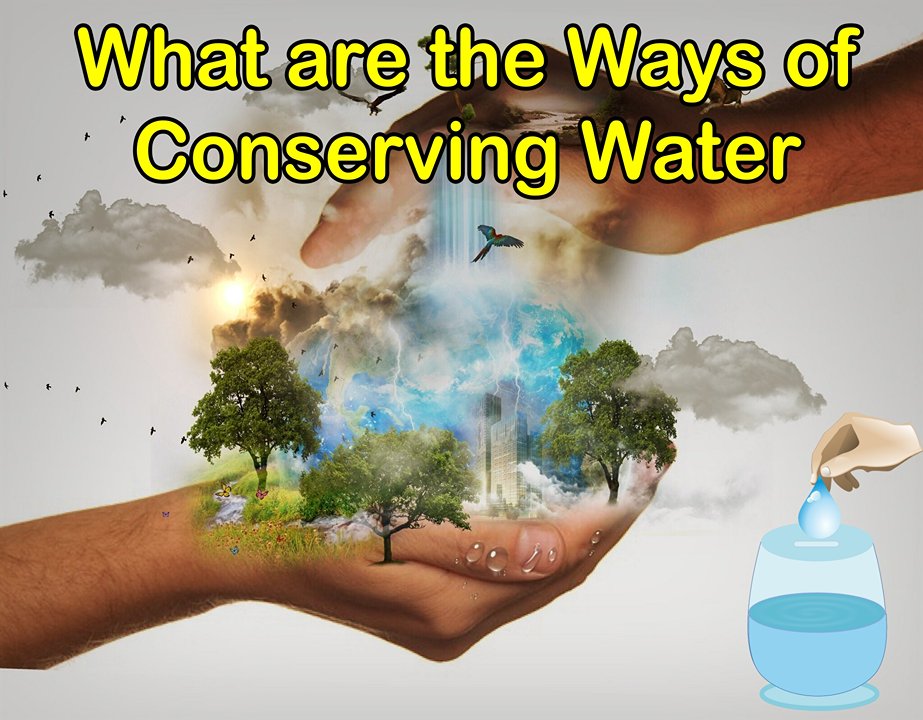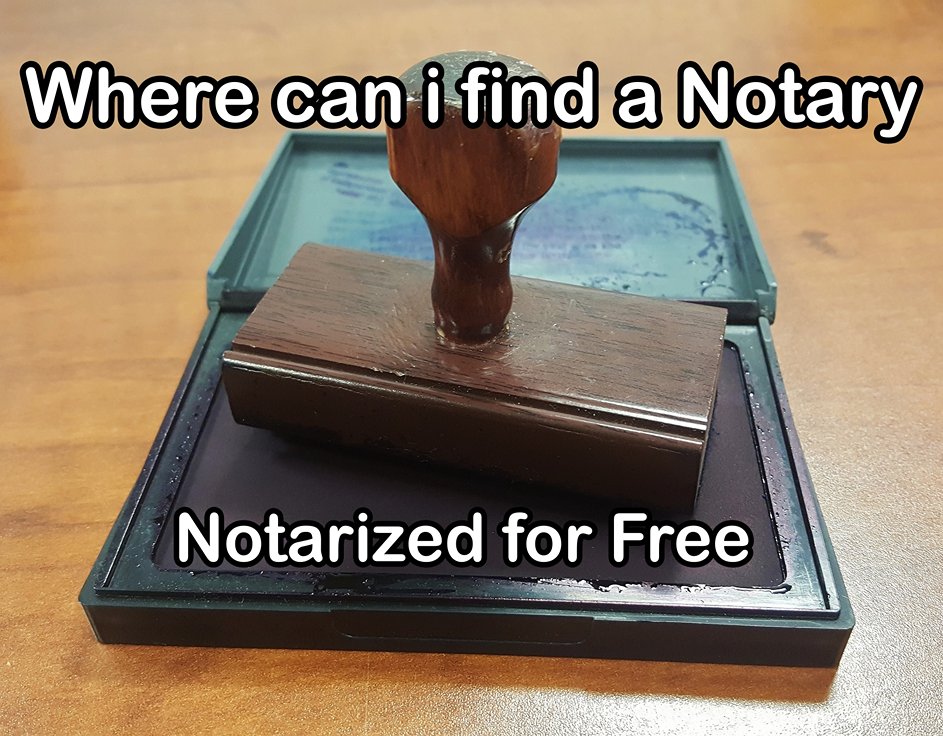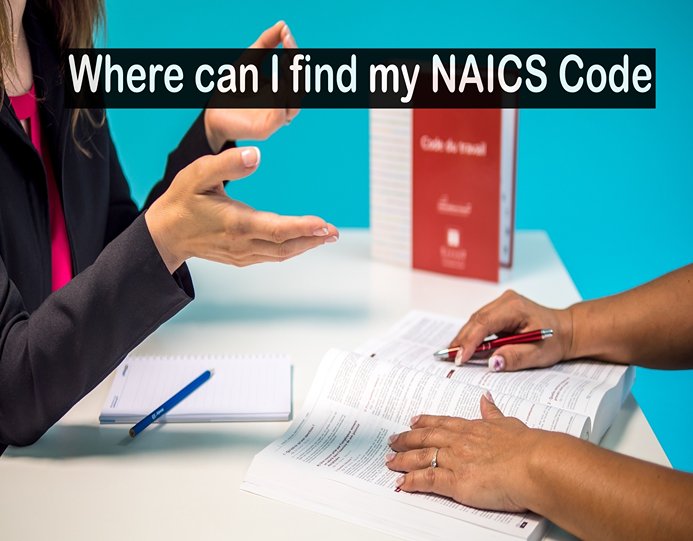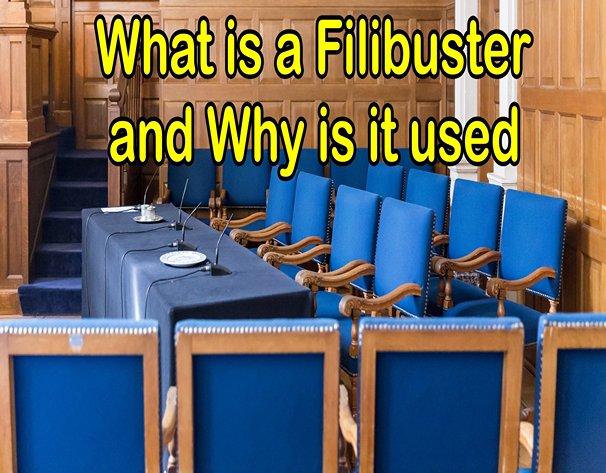What are the Ways of Conserving Water
Water is essential resource that sustains life on Earth. As the Earth population increase the demand for water is also increase. However, the supply of freshwater is limited, and the quality of water is degrading due to pollution and climate change. Therefore, it’s essential to conserve water to ensure its availability for future generations. In this blog post, we will explore some of the ways of conserving water.
Fix Leaks
One of the simplest ways to conserve water is to fix leaks. Leaks can waste a significant amount of water, and they can also lead to increased water bills. Leaks can be in the form of dripping faucets, leaking pipes, or malfunctioning toilets. Fixing leaks is not only cost-effective but also helps to conserve water.
Install Low-flow Fixtures
Another way of conserving water is by installing low-flow fixtures. Low-flow fixtures such as showerheads, toilets, and faucets use less water than conventional fixtures. For instance, a low-flow showerhead can reduce water consumption by up to 50%. Installing low-flow fixtures can help conserve water and reduce water bills.
Use Native Plants
Using native plants in landscaping is another way of conserving water. Native plant are adapted to local climate and require less water than non-native plants. Moreover, they also require less maintenance, which reduces the need for water. Native plants also provide habitat for wildlife and help to improve air quality.
Water Plants in the Morning
Watering plants in the morning is another way of conserving water. During the morning, the temperatures are cooler, and the wind is calm, which reduces water loss due to evaporation. Watering plants in the morning also ensures that the plants have enough water to carry out photosynthesis during the day.
Harvest Rainwater
Harvesting rainwater is another way of conserving water. Rain water harvesting involves collecting rain water and storing it for long use. Rainwater can be collected from rooftops and stored in barrels or tanks. The collected rainwater can be used for watering plants, flushing toilets, or washing clothes.
Use a Broom instead of a Hose
Using a broom to clean driveways, sidewalks, and patios instead of a hose is another way of conserving water. Hoses can waste a lot of water, and using a broom is not only effective but also conserves water.
Use Dishwashers and Washing Machines Efficiently
Using dishwashers and washing machines efficiently can also help to conserve water. Only run dishwashers and washing machines when they are full, and use the appropriate water level settings. Using the appropriate water level settings ensures that the appliances use the right amount of water.
Shorten Your Showers
Taking shorter showers is another way of conserving water. A shower head uses around 3.1 gallons of water in a minute. So, a 10-minute shower uses 31 gallons of water. By reducing your shower time by a few minutes, you can save a significant amount of water.
Turn Off the Faucet
Turning off the faucet while brushing your teeth or shaving is another way of conserving water. A faucet can release up to 2.5 gallons of water per minute. Therefore, turning off the faucet while performing these activities can save a significant amount of water.
Use a Pool Cover
Using a pool cover is another way of conserving water. A pool cover helps to reduce evaporation, which can save up to 30,000 gallons of water per year. Moreover, a pool cover also helps to reduce the need for chemicals and energy required to maintain the pool.
Fix Irrigation System Leaks
If you have an irrigation system, it’s important to regularly check for leaks. Irrigation system leaks can waste a significant amount of water, and they can also damage your plants. Therefore, fixing leaks in your irrigation system can help to conserve water and maintain the health of your plants.
Use Mulch
Using mulch in your garden is another way of conserving water. Mulch helps to retain moisture in the soil, which reduces the need for watering. Moreover, mulch also helps to control weeds and improve soil health.
Use a Commercial Car Wash
Using a commercial car wash is another way of conserving water. Commercial car washes use less water than washing your car at home. Moreover, commercial car washes also use eco-friendly cleaning products, which reduces water pollution.
Educate Others
Finally, educating others about water conservation is another way of conserving water. By educating your family, friends, and neighbors, you can help to raise awareness about the importance of water conservation. Moreover, by encouraging others to conserve water, you can also inspire them to take action and make a difference.
Use Greywater
Greywater is the wastewater generated from household activities such as washing dishes, laundry, and showering. This water can be recycled and reused for non-potable purposes such as flushing toilets or watering plants. Installing a greywater system can significantly reduce water usage and lower your water bills.
Use a Water Meter
Using a water meter can help you monitor your water usage and identify leaks or wasteful practices. By tracking your water consumption, you can make informed decisions about how to conserve water and reduce your water bills.
Choose Water-Efficient Appliances
When purchasing appliances such as washing machines, dishwashers, and toilets, choose water-efficient models. Look for products with the WaterSense label, which indicates that the product meets the Environmental Protection Agency’s water efficiency standards.
Use Drought-Tolerant Landscaping
Drought-tolerant landscaping is another way of conserving water. This type of landscaping involves using plants that require little water and are adapted to local climate conditions. Drought-tolerant landscaping not only conserves water but also reduces the need for fertilizer and pesticides.
Use a Pressure Washer
Using a pressure washer instead of a hose to clean outdoor surfaces such as decks, patios, and driveways can save a significant amount of water. Pressure washers use less water than hoses and are more effective at removing dirt and grime.
Use a Rain Sensor
Installing a rain sensor on your irrigation system can help you conserve water by preventing the system from running during rainfall. Rain sensors detect rain and automatically turn off your irrigation system, saving water and reducing your water bills.
Collect Rainwater
Collecting rainwater is another way of conserving water. You can install a rain barrel or a cistern to collect rainwater from your roof, which you can then use for watering plants, washing your car, or other non-potable purposes. This not only conserves water but also reduces stormwater runoff and erosion.
Use Efficient Landscaping Practices
Using efficient landscaping practices such as proper plant selection, mulching, and composting can significantly reduce water usage. Choosing native plants that are adapted to local climate conditions, using drip irrigation instead of sprinklers, and applying compost to soil can improve soil health and water retention, reducing the need for watering.
Check for Water Leaks
Regularly checking for water leaks in your home can help you identify and fix issues before they lead to wasteful water usage and high water bills. You can check for leaks by monitoring your water meter, inspecting your faucets, and examining your toilet flapper.
Use a Low-Flow Toilet
Toilets are one of the largest consumers of water in a home, accounting for up to 30% of indoor water usage. Installing a low-flow toilet can significantly reduce water usage and save you money on your water bills. Low-flow toilets use less than 1.6 gallons per flush, compared to older models that use up to 7 gallons per flush.
Use a Water-Efficient Showerhead
Replacing your showerhead with a water-efficient model can also help you conserve water. Water-efficient showerheads use less water per minute while maintaining water pressure and providing a comfortable showering experience.
Conserving water is a crucial part of sustainable living. By implementing these water conservation measures, you can make a positive impact on the environment, save money on your water bills, and ensure that future generations have access to this essential resource.













